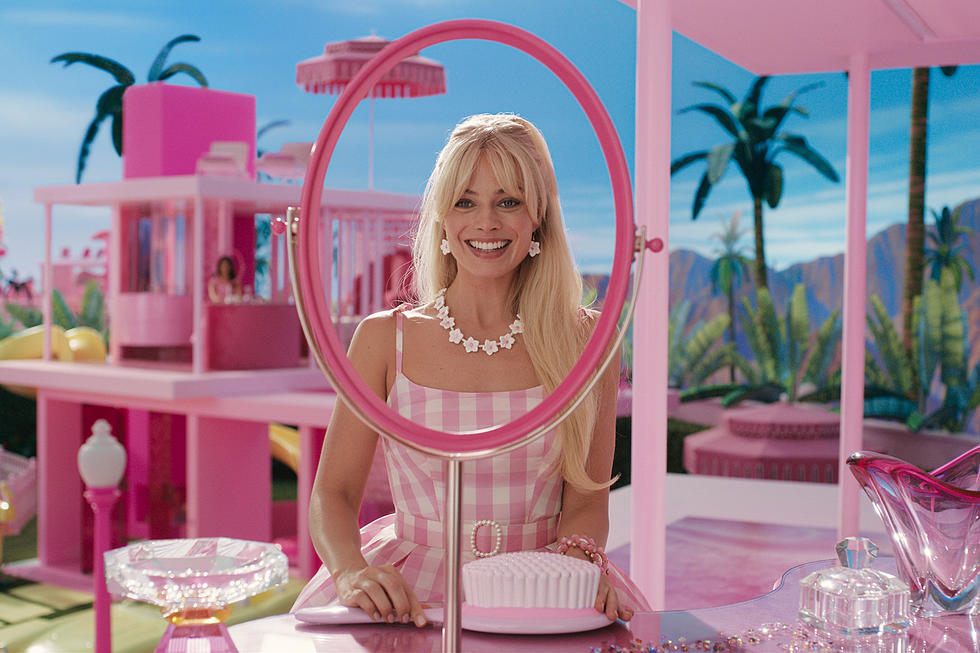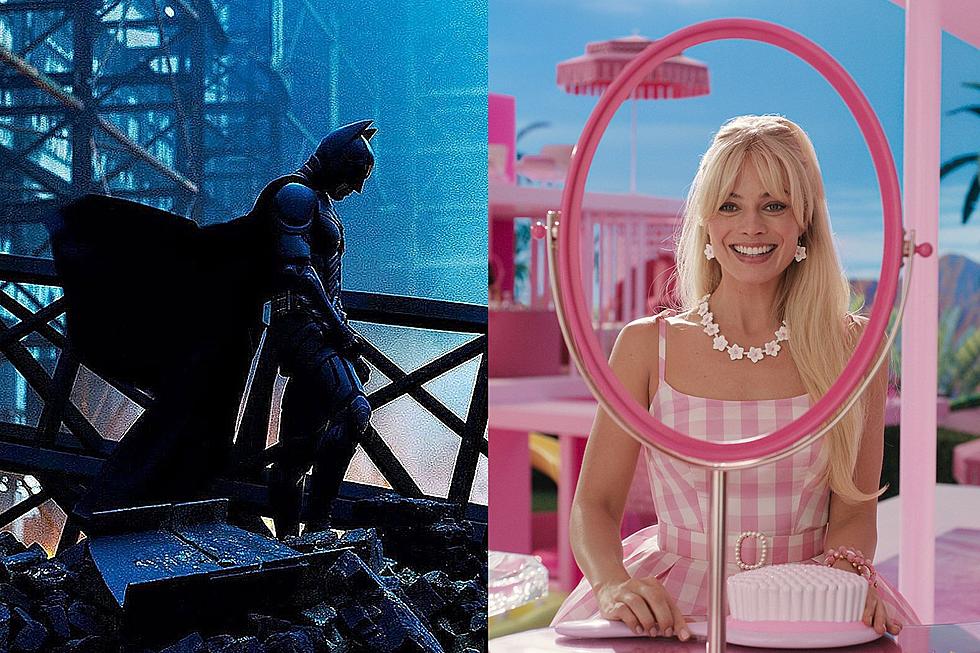
Reel Women: We Are All ‘Frances Ha’
Directed by Noah Baumbach and co-written by and starring Greta Gerwig, 'Frances Ha' gives us a character study about a messy 27-year-old woman, meandering through life in New York and grappling with potentially losing her best friend to a boyfriend. Sound familiar? Thought so.
'Frances Ha' reminds me of that scene in 'Mean Girls,' when Cady Heron gets up on stage after winning the Spring Fling Queen crown and breaks off a piece of the tiara for every girl in that auditorium. They may all be different in superficial ways, but deep down they are all united -- they are all the same. Greta Gerwig and Noah Baumbach have made a film for every woman. Hell, even men will undoubtedly relate to Gerwig's Frances: she's awkward, free-spirited, lost and struggling to hold on to her dreams like water slipping through her fingers. She always says the wrong thing and doesn't seem to have much of a filter. At 27 years of age, she should be a grown-up by societal standards, yet she surfs couches, holding on to the phantom of her ideal career, too proud or delusional (or maybe both) to see that she should be more practical.
In television, we have the Liz Lemons (successful and secure, but struggling to have it all -- man, baby, career) and the Hannah Horvaths (young, naive, over-confident and self-involved, struggling to have it all -- passable boyfriend, roof over head, career). The only serviceable in-between is perhaps Jess of 'New Girl' or Mindy of 'The Mindy Project.' They are successful, in their early 30s, but struggling to find love and maintain friendships. In film, we've gotten characters like Kristen Wiig in 'Bridesmaids' and Charlize Theron in 'Young Adult' -- two messy, regressive adult women in their 30s who rely on willful ignorance to serve their self-involved attitudes; they make horrible life choices, but are empathetic in their self-destruction.
Never have we gotten a character like Greta Gerwig's Frances. She's empathetic without making horrifically terrible life choices, and the film never resorts to male-centric melodrama or heady conflict to endear us to her. Though she takes up with two male roommates (Adam Driver, shirtless as usual, and Michael Zegen), she doesn't hook up with either of them. In fact, aside from a break-up with a boyfriend in the first 10 minutes, we never find Frances dating or sleeping with anyone during the film's duration, instead consistently making jokes about how "undateable" she is.
Most of her conflict arises from the relationship with her best friend, Sophie (Mickey Sumner, daughter of music icon Sting), who first decides to move out and live in her dream apartment that Frances can't afford with a girl Frances doesn't like, and then continues to date a guy she and Frances love to ridicule. The trope is familiar: one friend is growing up and evolving, the other stays the same and resents the mature friend. Last year, I used the made-up term "homance" to describe the friendship in 'For a Good Time, Call,' and the same term applies here. A homance is like a bromance, but between two women, marked by typical relationship characteristics. Frances and Sophie "break up," but they remain tethered to each other as they drift apart in the sea of adulthood.
Frances can't swallow her pride when it comes to her dreams of being a dancer, which is why she's still apprenticing and sleeping on couches. But her love of Sophie inspires her to grow up, even just a little. When Sophie shares good news and seems to be happy, Frances can hardly bring herself to spoil it by sharing her bad news, and she can't step on Sophie's toes with the one piece of slightly good news she has, either. Instead, she's supportive and keeps her mouth shut. She's partially lying about doing well to Sophie to make her friend feel better about leaving her behind, but she's also lying to herself. Lying to yourself isn't always a bad thing. It's how we practice acceptance; "fake it 'til you make it." The more we repeat something to ourselves, the more we believe it to be true and will begin to practice the attitude naturally. If Frances keeps smiling and telling everyone she's okay, then eventually she'll be okay.
The film gives her plenty to cry about, but we never see Frances in full-on self-loathing mode, and she never sheds a tear. She takes her knocks as they come, and meanders on to the next thing. She may not be graceful, and we can see on her face in private moments that she's not really happy. Frances hides behind a carefree demeanor -- her life is a series of shrugs and hastily-made, poorly thought-out decisions. But still, she smiles and makes an awkward, self-deprecating joke.
'Frances Ha' comes at a time when women are enjoying more honest portrayals on the big and small screens, but the film lacks a certain cynicism present in its predecessors (that's not a knock on either side). The film is beautifully hopeful and honest in its portrayal of life as a woman in her late-20s, at a time when you should have your s--- together, but you just don't. Most of us never truly will. Frances tells us it's okay to be a little aimless, a little awkward, and a little undateable, even when society says otherwise, and you can still hold your head up and do a little dance about it. And we love her because we really want to be more like her when we're at our worst. We're all Frances.
More From ScreenCrush









